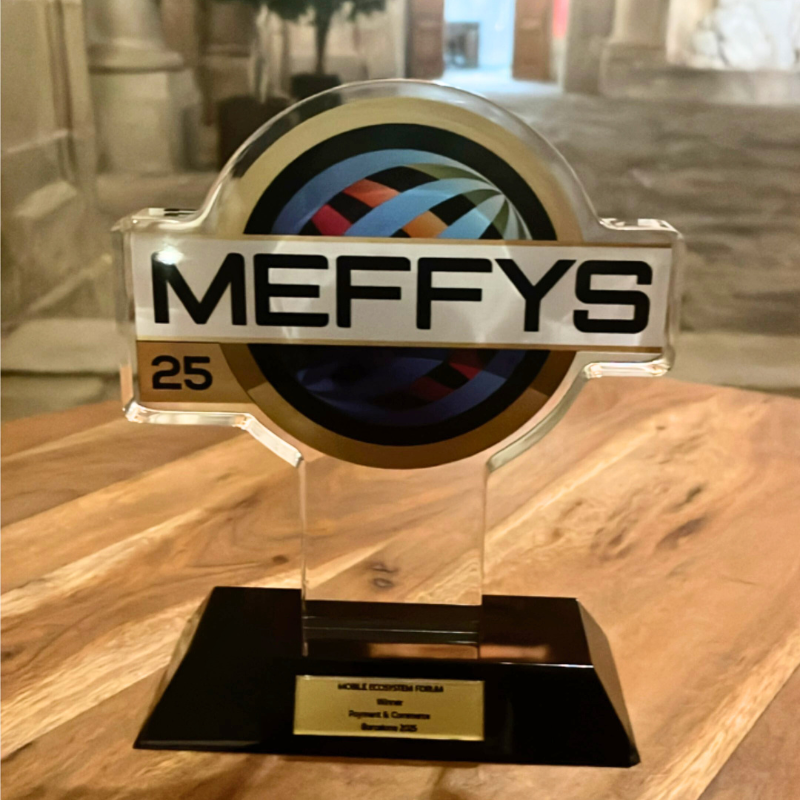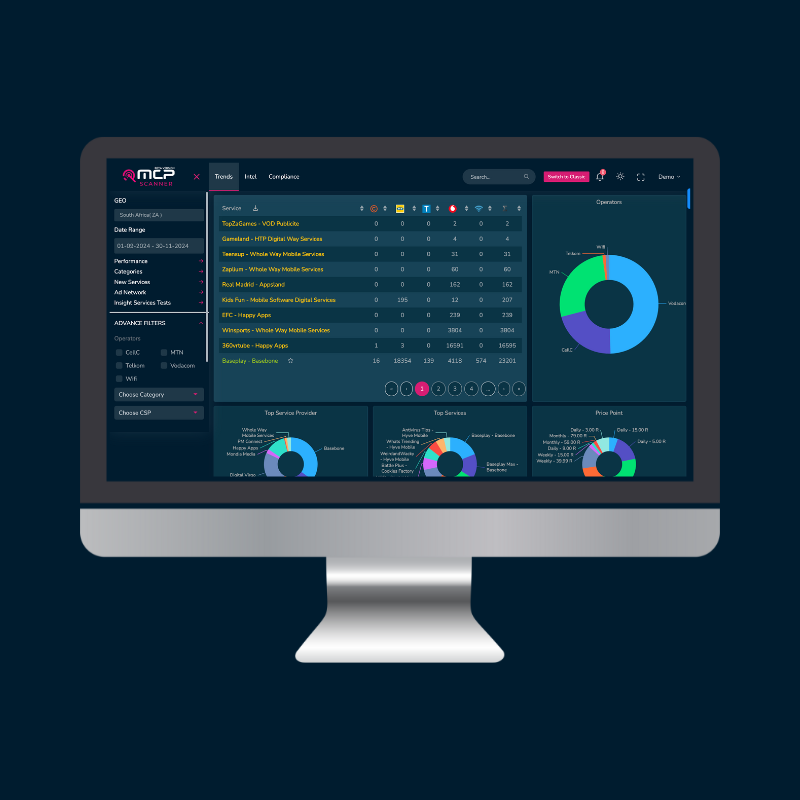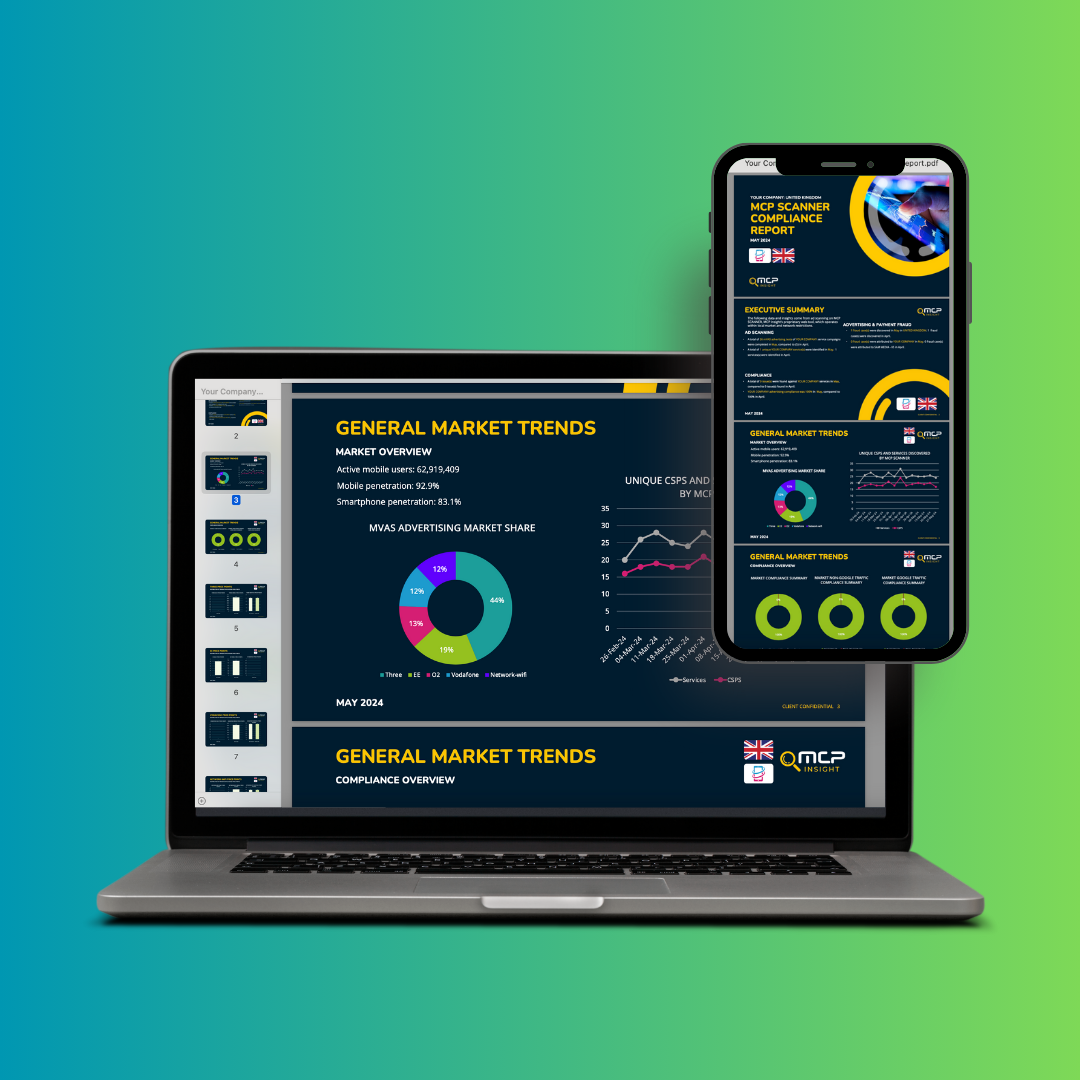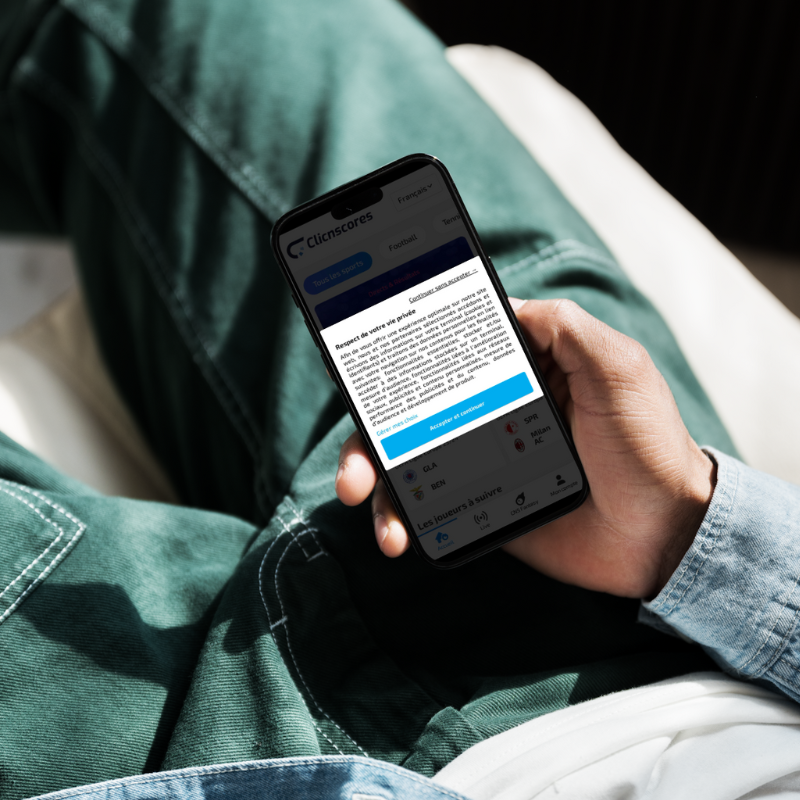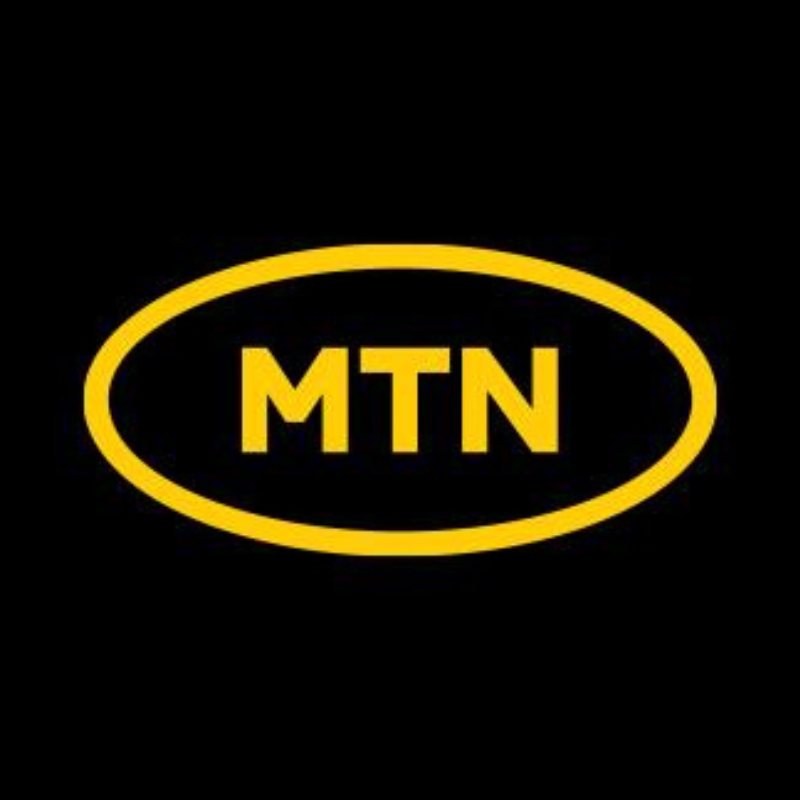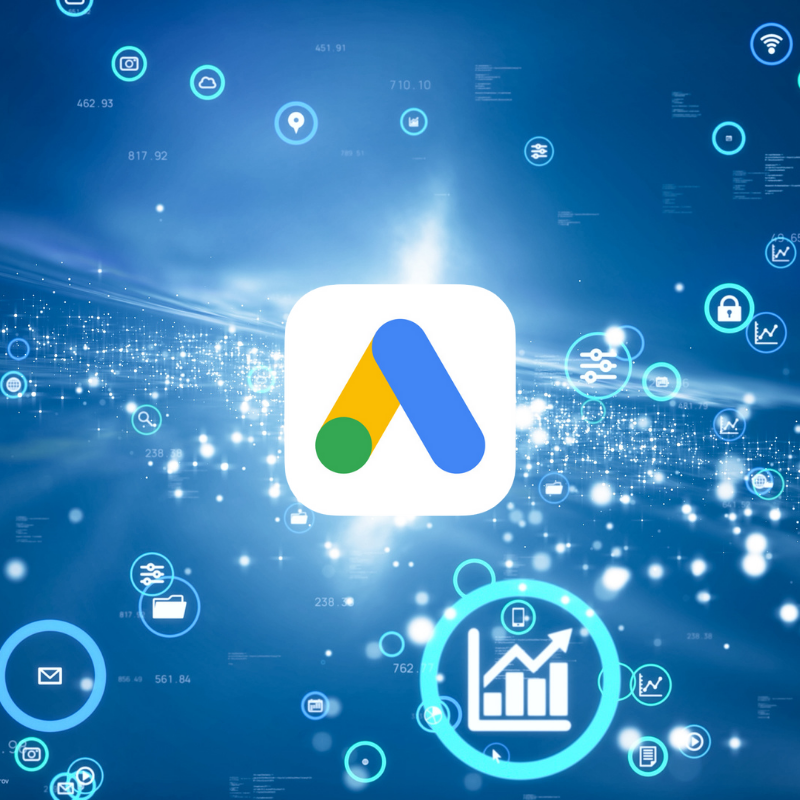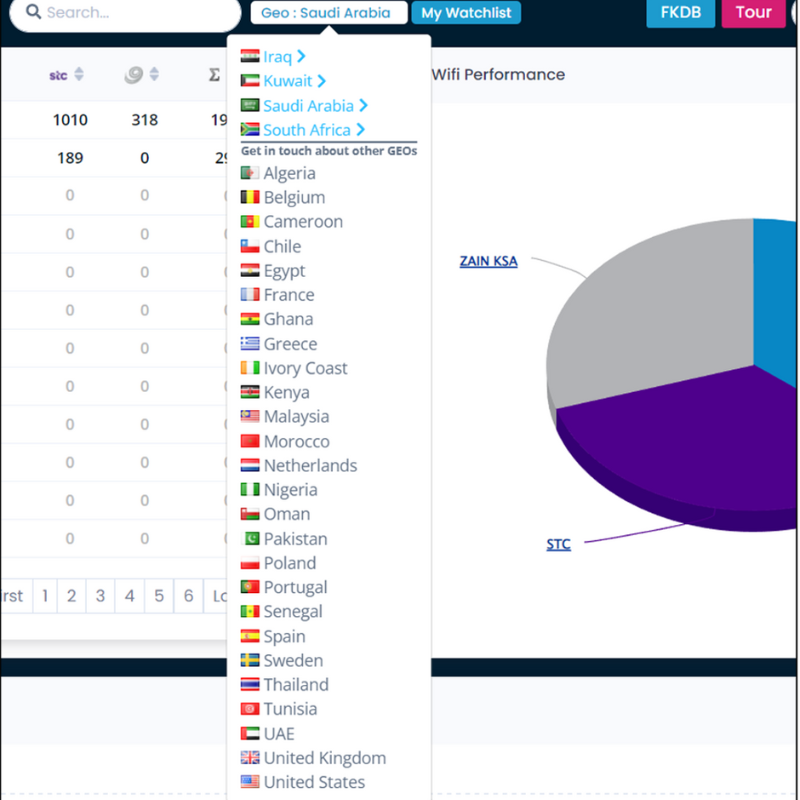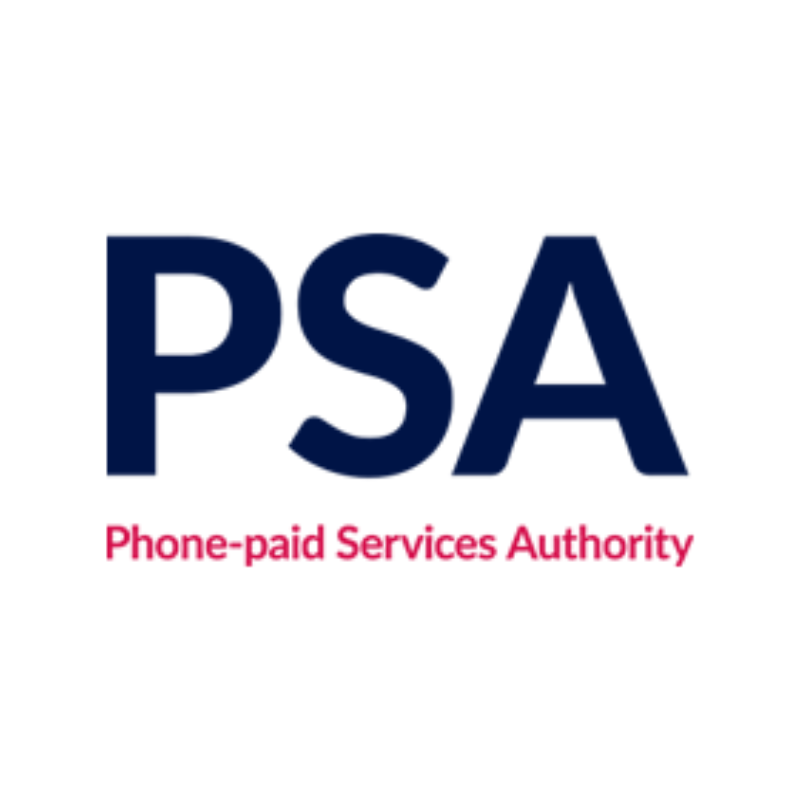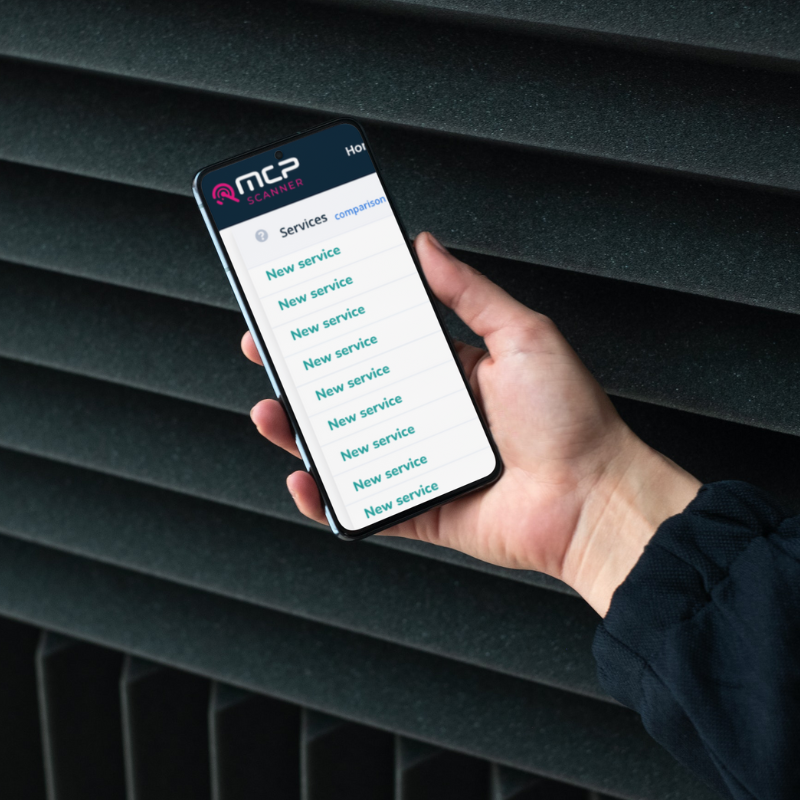In October 2017, MCP announced the release of their Federated Kids Database (FKDB) – in support of a cross Industry initiative to help Advertisers block inappropriate advertising in children’s digital channels; with the key aims being the lowering of related Industry complaints to mobile operators and the regulator PSA.
We are delighted to say:
- Implementation results to-date have rendered a 20% drop of inappropriate ads in kids apps (month on month November to January)
- MCP’s database now includes 18,000 kids apps
- Recently added to the database are 100,000 YouTube kids videos and 2000 YouTube kids channels
- We capture and load new kids apps and videos daily so clients can remain current and up to date with the latest block list in real-time
- All PRS advertisers in the UK now have access
Toby Padgham, COO MCP commented, “This industry collaboration has and will continue to grow FKDB as the default Industry block list, building a bigger and increasingly intuitive database to help advertisers block kids apps and sites. We thank all merchants for their input, and particularly the significant data contributions to set up the ‘federated’ list – coming from PM Connect, Buongiorno, Alchimie, Digital Virgo and Creative Clicks”.
Proposals to build ancillary databases through the purchase of apps lists and combine these with the core FKDB are welcomed because this can only support the common aims cited above. However, it is worth managing expectations, because there is no magic big kids database available for purchase now. Proposed methodologies to ‘fingerprint’ a kids app and apply it to a list of the top 500,000 apps are likely to take time and the outcomes of generating x% (e.g. 7%) of accurately defined kids apps are unknown. Brian Pettit, CTO of MCP commented; “The process of categorising apps or sites as kids is mainly a manual one – requiring constant input from a team of publishers. The idea of simply buying a database (whatever the size), then ‘fingerprinting’ a kids apps list – and applying those fingerprinted characteristics across the whole database in an automated fashion – could cause various problems, not least:
- Automated addition will lead to a % on non-kids’ apps being incorrectly categorised and added to the blacklist – leading to subsequent revenue loss
- Missed kids’ apps not being added to blacklist – leading to on-going consumer harm
The assessment process is, necessarily, based on categorisation criteria that requires a subjective/human view. Also, by its very nature, the app store environment is prone to new apps trending and becoming popular very quickly, and so emphasis has to be placed on a method that pulls kids apps and sites daily and provides this to Industry for immediate blocking”.
Building a verified kids database is one thing, effective implementation to block is another. The coming weeks will determine whether effective block processes are attached to the database and whether they are applied by some committed providers or all providers. Toby Padgham, COO MCP summarised, “Over the past few months, understanding of the issue and building a solution has happened at pace. A successful outcome will be determined by the propensity for providers to adopt best practice and take action. It may require Code enforcement action by relevant authorities on any ongoing infringements to ensure all take their regulatory responsibilities seriously”.







